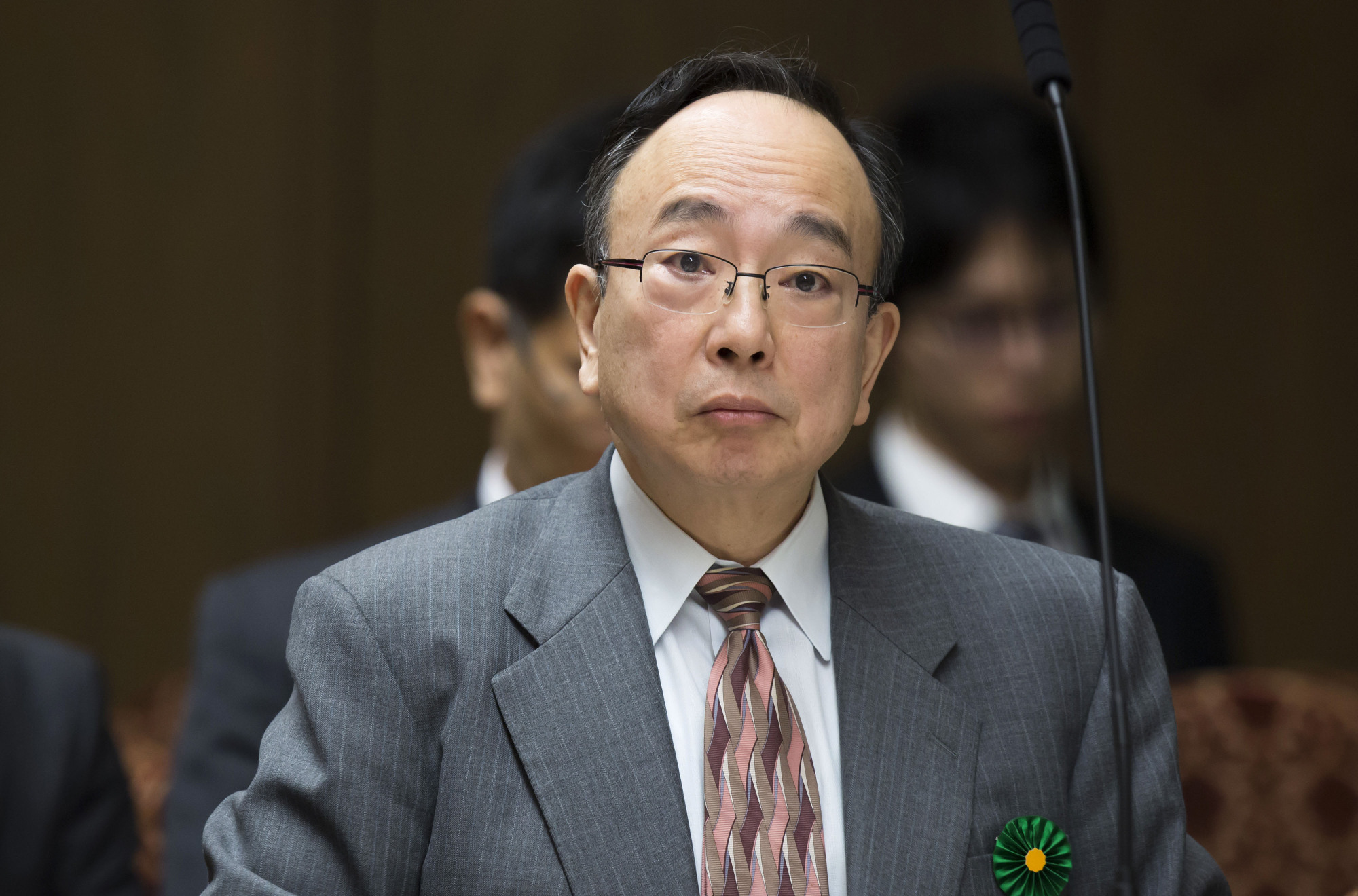When Prime Minister Shinzo Abe nominated Haruhiko Kuroda to a second term as governor of the Bank of Japan, he gave the central banker a gift that might hold the key to policy over the next five years.
Far from simply pushing the Bank of Japan toward further easing, Abe has provided Kuroda with room to maneuver should he need to execute a policy shift — in either direction. He did so by nominating two new deputies, one of whom has Cardinal Richelieu-like qualities that could prove very useful in Japan's uncertain economic environment.
In the short term, the Bank of Japan's pedal-to-the-metal monetary policy is certainly justified, partly to contain the yen. Yet it stands out from its Group of Seven peers in having no exit strategy. The bank won't even entertain a discussion about how or in what order it might put away its many stimulus tools, or even what conditions might warrant a discussion.


















With your current subscription plan you can comment on stories. However, before writing your first comment, please create a display name in the Profile section of your subscriber account page.